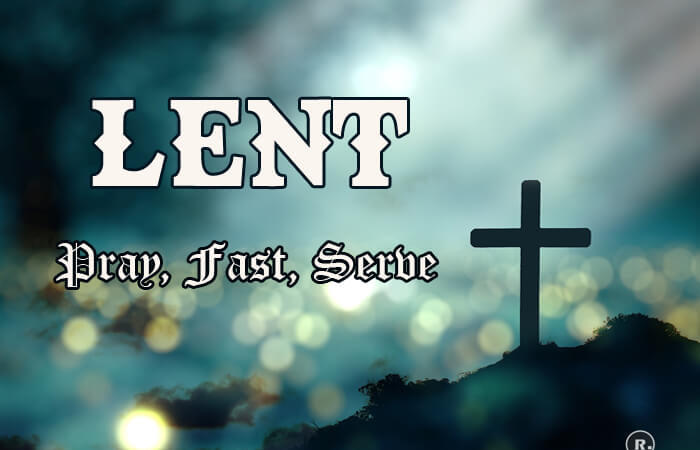Epiphany – Three Kings’ Day

Epiphany is the climax of the Advent/Christmas Season and the Twelve Days of Christmas, which are usually counted from the evening of December 25th until the morning of January 6th, which is the Twelfth Day.
Christmas begins with Christmas Day December 25 and lasts for Twelve Days until Epiphany, January 6, which looks ahead to the mission of the church to the world in light of the Nativity. The one or two Sundays between Christmas Day and Epiphany are sometimes called Christmastide.
For many Protestant church traditions, the season of Epiphany extends from January 6th until Ash Wednesday, which begins the season of Lent leading to Easter. Depending on the timing of Easter, this longer period of Epiphany includes from four to nine Sundays.
The term epiphany means “to show” or “to make known” or even “to reveal.” In Western churches, it remembers the coming of the wise men bringing gifts to visit the Christ child, who by so doing “reveal” Jesus to the world as Lord and King. In some churches, the day is celebrated as Christmas, with Epiphany/Theophany occurring on January 19th.
Because of differences in church calendars, mainly between the Eastern Orthodox and the western Catholic and Protestant traditions, both Christmas and Epiphany have been observed at different times in the past.
This is an occasion for feasting in some cultures, including the baking of a special King’s Cake as part of the festivities of Epiphany (a King’s Cake is part of the observance of Mardi Gras in the French Catholic culture of the Southern USA).
In some church traditions, only the full days are counted so that January 5th is the Eleventh Day of Christmas, January 6th is the Twelfth Day, and the evening of January 6th is counted as the Twelfth Night.
For some Christians, the feast celebrates the visit of the three kings — also known as the Magi or the Wise Men.
According to the Gospel of Matthew, the three men “from the east” followed a star across the desert to Bethlehem to meet the Baby Jesus and give him gifts of gold, frankincense and myrrh.
Festival of the Three Magic Kings Tradition
Epiphany is celebrated in many different ways by Catholics, Anglicans, and Orthodox Christians all around the world.
In Italy, La Befana is a national holiday so public offices and schools are closed. Befana is an imaginary old woman who brings gifts to children on the eve of Ephiphany.
In Spain, they throw a big festival called Fiesta de Los Tres Reyes Mages or Festival of the Three Magic Kings.
Children receive most of their Christmas presents on this day — delivered by the three kings, of course. Carol singing is a popular Epiphany tradition in both Poland and Portugal and Belgium. Children dress up as the Wise Men and go singing door to door for money or sweets — kind of like trick-or-treating!
In Greek and Eastern Orthodox traditions, a priest will bless the waters by throwing a cross into the sea — whoever recovers it receives a special blessing from the church.
In Spain, Mexico, and France you might go to the local bakers and buy a special cake with a figure of a king, Baby Jesus or a toy crown baked inside. If you get the slice with the figure inside, it will bring good luck for the coming year.
Significance of Epiphany
The Wise Men or Magi who brought gifts to the child Jesus were the first Gentiles to acknowledge Jesus as “King” and so were the first to “show” or “reveal” Jesus to a wider world as the incarnate Christ.
The day is now observed as a time of focusing on the mission of the church in reaching others by “showing” Jesus as the Savior of all people. It is also a time of focusing on the Christian community and fellowship, especially in healing the divisions of prejudice and bigotry that we all too often create between God’s children.
Suggested Read: Orthodox Christmas Day






